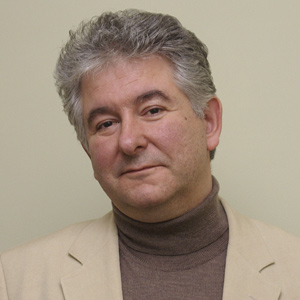J Novák
Concerto for Two Pianos and Orchestra; Concentus Biiugis; Choreae Vernales
Clara Nováková (flute), Dora Novak-Wilmington, Karel Košárek; Prague Radio Symphony Orchestra/Tomáš Netopil
Supraphon SU43312 71:46 mins
Jan Novák was one of Czechoslovakia’s most talented 20th-century composers, producing fine orchestral music – including the concertos recorded here – and several film scores. A love of Italy and its classical culture resulted in award-winning Latin poetry as well as providing inspiration for the Concentus Biiugis and the Choreae vernales, both from the 1970s. His admiration for Stravinsky, very clear in the finale of the Concentus Biiugis, and Martinů, with whom he studied in the late 1940s, is unashamed but rarely derails Novák’s personal voice. The Concerto for Two Pianos from 1955 with its glistening orchestration and sprung rhythms begins very much in the world of Martinů’s symphonies, but it goes on to explore novel sound combinations harnessed to a clear control of form.
Novák’s two daughters take the solo roles: Clara, for whom Choreae vernales was composed, on flute, and Dora on piano in the double concertos. Predominantly pastoral in mood, the Choreae vernales has its edgier moments and Clara provides both amplitude of tone and beguiling virtuosity in its charming middle movement. In the spikier outer movements of the piano concertos Dora and her fellow pianist Karel Košárek’s tight sense of ensemble generates exhilarating impetus while reserving more full-throated emotion for the beguilingly romantic slow movements. The recorded sound manages to capture the way Novák embeds the solo piano sound in the orchestral texture; Tomáš Netopil and the Prague Radio Symphony are on splendid form supplying attentive and idiomatic accompaniment. Jan Smaczny


